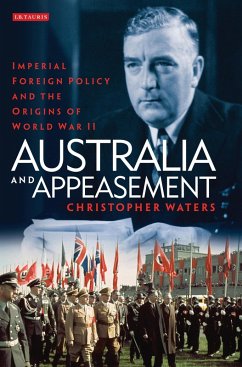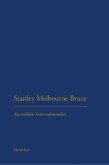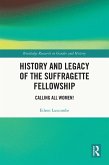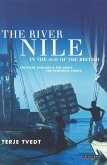On 3 September 1939, Robert Menzies, the Australian Prime Minister, broadcast to the Australian people the news that their country was at war with Germany. He outlined how every effort had been made to maintain the peace by keeping the door open to a negotiated settlement. However, as these efforts had failed, the British Empire was now 'involved in a struggle which we must at all costs win, and which we believe in our hearts we will win'. Christopher Waters here examines Australia's role in Britain's policy of appeasement from the time Hitler came to power in 1933 through to the declaration of war in September 1939. Focusing on the five leading figures in the Australian governments of the 1930s - Joe Lyons, Stanley Bruce, Robert Menzies, Billy Hughes and Richard Casey - Waters examines their responses to the rise of Hitler and the growing threat of fascism in Europe. Australian governments accepted the principle that the Empire must speak with one voice on foreign policy and were therefore intimately involved in the decisions taken by successive governments in London.
As such, this book provides new insights into the making of imperial foreign policy in the inter-war era, imperial history, the origins of World War II and Australian history.
As such, this book provides new insights into the making of imperial foreign policy in the inter-war era, imperial history, the origins of World War II and Australian history.









